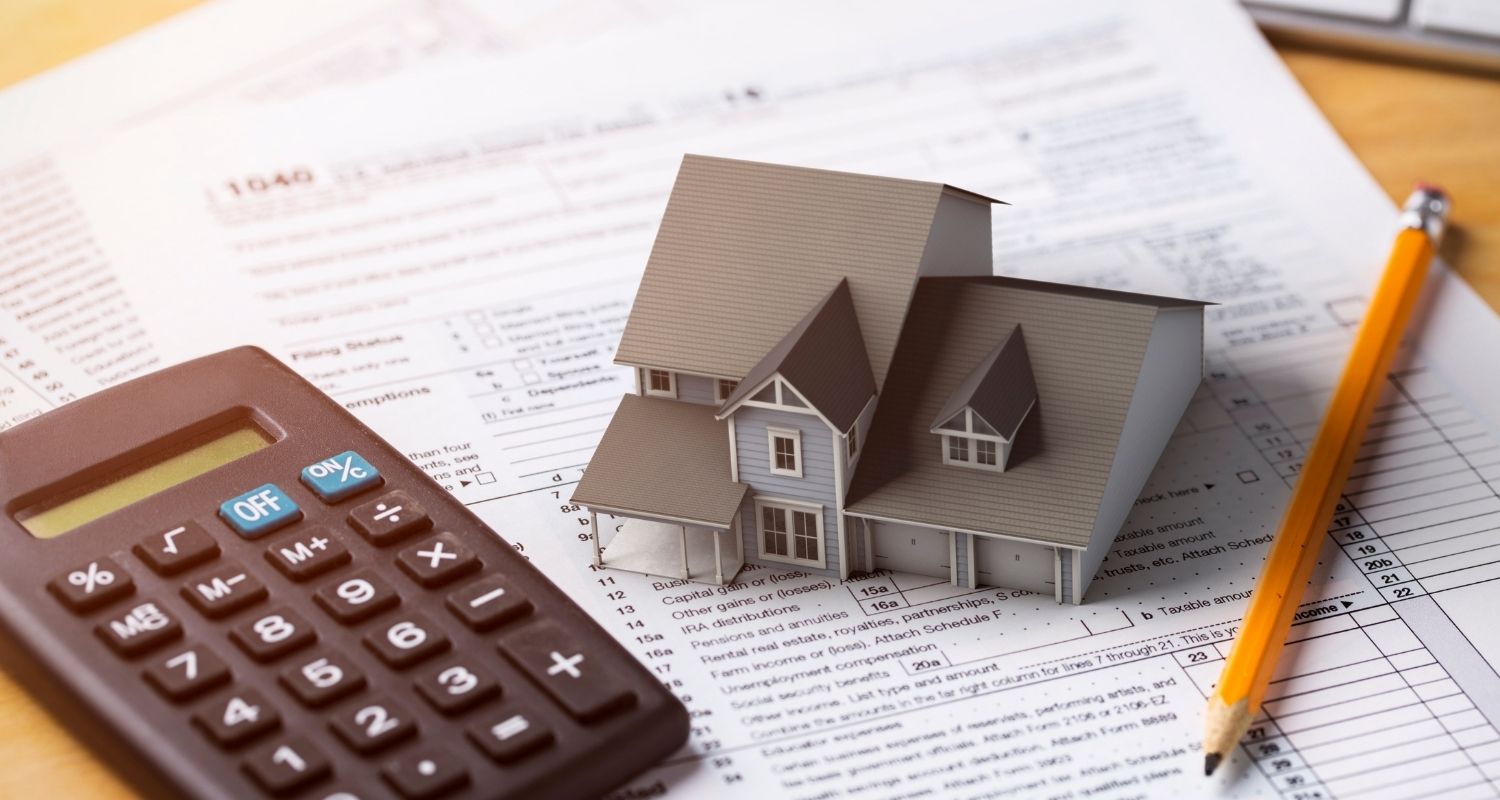Types of Land Loans
Land Loans
Land loans, also called land acquisition loans, are used by people who want to buy land. It is a type of loan backed by the property itself, including both land and the home itself. If you get a loan for land that isn’t already built or has a lot of lands, you’ll only be able to use the land as collateral. If the borrower of a land mortgage loan doesn’t pay, the lender might have a hard time finding a buyer and selling the property if the land isn’t developed when the lender goes through with a foreclosure or power of sale. If you get a raw land loan, there might not even be a road or electricity.
land and the home itself. If you get a loan for land that isn’t already built or has a lot of lands, you’ll only be able to use the land as collateral. If the borrower of a land mortgage loan doesn’t pay, the lender might have a hard time finding a buyer and selling the property if the land isn’t developed when the lender goes through with a foreclosure or power of sale. If you get a raw land loan, there might not even be a road or electricity.
This makes land mortgages and land loans riskier for lenders than residential mortgages. To make up for this, people who want to get a mortgage or loan for land in Alberta will have to put down a lot of money and pay it back. Lenders can ask for a down payment of 50% for raw land, especially if you plan to keep the land as an investment property for a long time. This can be lower for serviced lots or if you plan to build on the land soon. Vacant land in cities can require 20% and 30% down payments.
Construction Mortgages
Loans are called construction loans to let you borrow money to buy land if you plan to build a custom home on that land. The loan will cover part of the cost of the home and land. Construction mortgages are also called construction loans. Mortgages for construction allow you to borrow money in stages, called “draws,” that are paid back at certain points in the process. The first draw is usually used to buy the land for people who don’t already have a piece of land to build on.
HELOCs and Home Equity Loans
If you currently own a house, you may be able to borrow money for land by using a home equity loan or a home equity line of credit (HELOC). If you have a HELOC or a home equity loan, you can also use the money you get from them to buy land. HELOCs may only ask for interest-only repayments, so be aware of that. Even though you can use a HELOC to buy land with a smaller payment each month, it would still be a good idea to raise your payments to pay down your principal.
If the land isn’t very expensive, you might think about getting a personal loan to buy it or even just using your savings to buy it.
Seller Financing
Seller financing, also referred to as vendor financing, owner financing, and vendor take-back mortgages, occurs when the property seller agrees to let you buy their land using a loan supplied by them. The seller will act as a lender, and you will be responsible for making monthly interest-bearing payments to them.
Seller financing removes the need to apply for a loan from a bank or other lender by paying the full purchase price to the seller and then securing financing from a third-party lender. This might be useful if you’re having trouble getting a land loan authorized, such as a low credit score.
A contract for deed, often known as an installment land contract, is one sort of seller financing. When you use an installment land contract to buy property from a seller, the seller retains ownership of the land while making loan payments to the seller. After paying off the land loan, the seller will transfer the land title to the buyer.
A deed of trust, identical to a standard mortgage, is another sort of seller financing. The land buyer who borrows from the seller will get equitable title to the land, but a trustee will have the legal title. A title business is often used as a third-party trustee. You will obtain legal title to the land after you have paid off the land loan provided to you by the property seller. Meanwhile, having an equitable title means you benefit from any growth in the value of the land, comparable to a typical mortgage.
You may combine seller finance with other types of land loans. This might be useful if your lender is unwilling to lend the whole purchase price of the land. A land loan lender, for example, could be ready to give you $100,000 for land that the seller is selling for $150,000. You may be able to arrange a sort of seller financing with the seller for the remaining $50,000.
< Previous | Home | Next >

